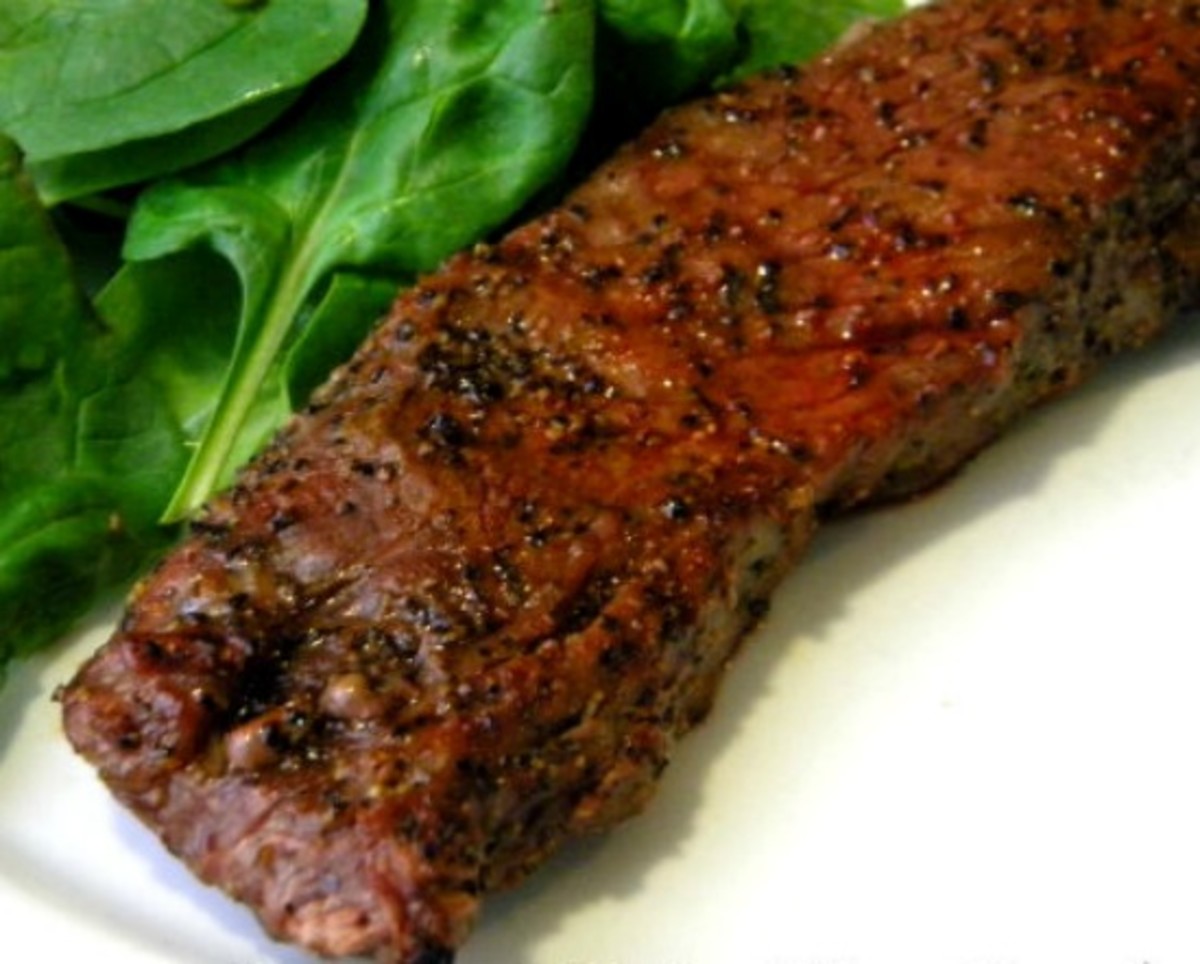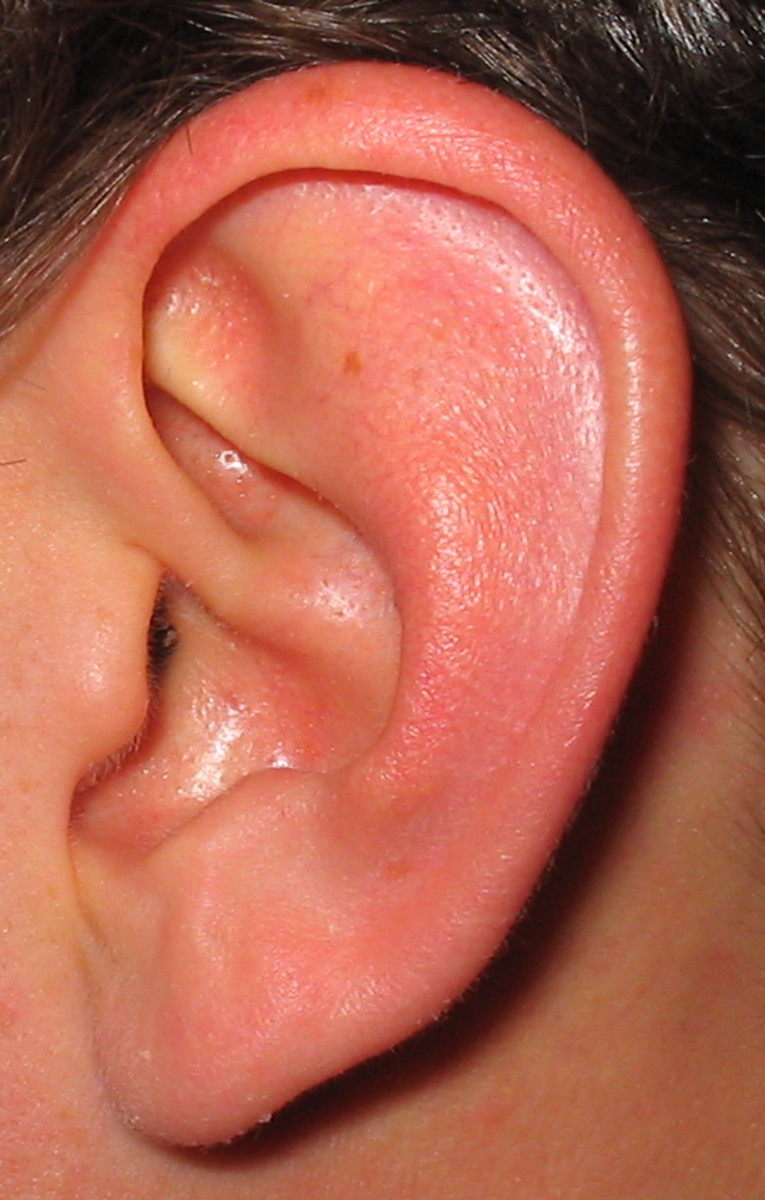How Your Child's Diet Affect Their Sleep
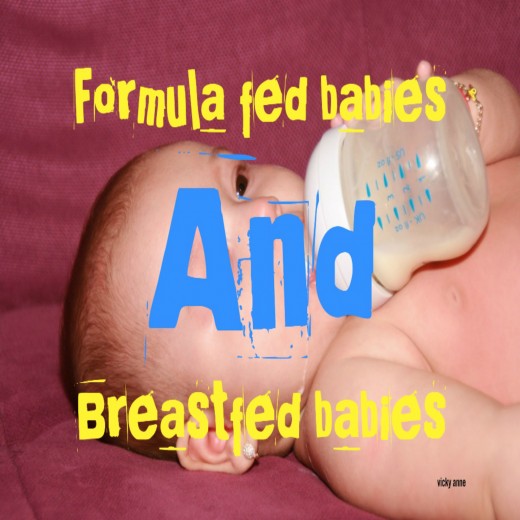
Differences Between The Sleep Of Formula Fed And Breastfed Infants
Have you ever noticed the effect of what your kids eat and drink from the drowsy feeling brought by eating a large lunch and the milk drunk look of a baby full from feeding is not one of the wonderful sights of babyhood. For some reason though the effects of diet on sleep are rarely discussed. The only times food is mentioned in relation to sleep is when weaning solids and topping up formula milk for babies are discussed. Everyone should be supportive of all parenting including how you choose to feed your baby. When I talk about the differences between the sleep of formula fed and breastfed infants. How you feed your child undoubtedly affects their sleep and it is important to know what is normal for the way in which you feed your child. Breast milk is incredibly easy to digest and babies have small stomachs meaning that the human infant is meant to feed regularly. Breast milk is higher in carbohydrate, but lower in protein than formula milk. The protein in breast milk is also different to that found in formula milk and is more easily digested, as well as providing immune boosting properties. Breast milk contains approximately four per cent fat, one per cent protein and seven per cent carbohydrate and contains around seventy calories. It is this different balance of nutrients that makes it harder for a baby to digest formula.
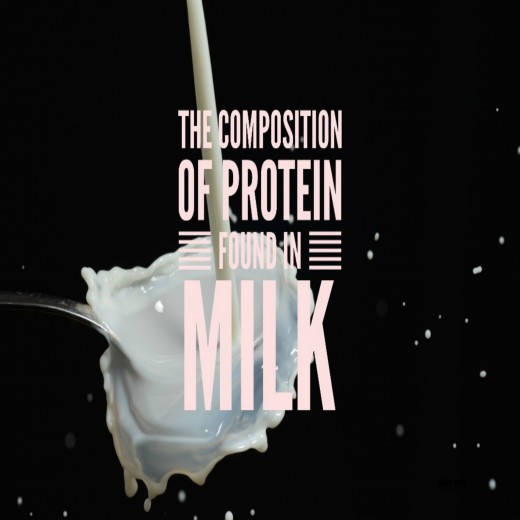
The Composition Of The Protein Found In The Milk
Another important difference between formula milk and breast milk is the composition of the protein found in the milk. The protein in milk is comprised of casein this is what some people call as curds as they form into rubbery curds in the stomach. The differences in the makeup of breast milk think and formula appears logical that babies who are formula milk fed will have their tummies stay fuller for longer. However, this presumes that babies only wake at night because of hunger which we know is not true.
The Current Trend Assumes
Babies only wake at night because they are hungry and that filling them up will ensure they sleep all night is not true. A research done in 2010 set out to discover whether formula fed babies and their mothers slept for longer than those who were breastfed. The results may surprise those who believe that feeding is the secret to a good night's sleep as the researchers found no such association.
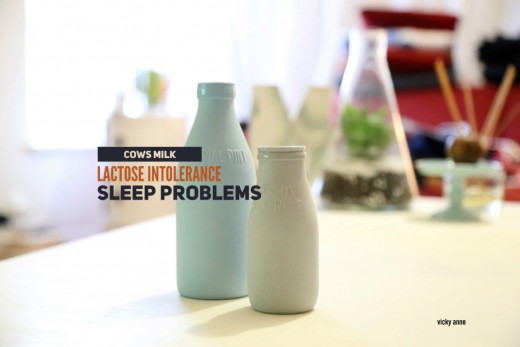
Does Weaning A Baby Onto Solids Help Their Sleep
What is this obsession with feeding babies to make them sleep? No sooner have we grown out of giving night time bottle of formula milk recommendations then we are hit with another that of weaning a baby onto solids to make them sleep through the night. Again this is a myth that ignores the norms of sleep and the reasons behind frequent night waking. In many cases, a baby's sleep regresses after they are weaned onto solids particularly if this is done too early. This can cause digestive reactions to the new solid food the most common of these being constipation. Another thing to bear in mind about the introduction of solids is that sometimes a baby's daytime milk intake falls off dramatically due to eating solids and research does not support the idea that solid food will help them sleep through the night.
Does Eating A Banana Before Bedtime Help A Child To Sleep Through The Night?
Have you heard this one? It seems to have become popular in the last few years but like most other sleep advice there is no evidence that it works. There are however certain foods that can encourage a better night's sleep particularly those foods that are high in a chemical known as tryptophan which is an amino acid and an essential part of the human diet because our bodies are unable to make it and the only way we can enough is through our diet although. It is an important component in the manufacture of serotonin and melatonin the hormone of sleep and for this reason, many suggest that containing high levels of it may help us to sleep. Research, however, has found that although increased intake augmented feelings of sleepiness do not defeat the amount of night waking. It is a component based foods such as meat and commonly eaten food items. The highest levels of tryptophan can be found in Parmesan cheese and turkey. Bananas, on the other hand, contain Less than a gram of tryptophan which shows that it is relatively poor in comparison to most other commonly eaten food items. If bananas have anything to do to help sleep it is probably due to nothing more than the child being hungry or a simple placebo effect.
Let me know what you think? Share your thoughts here:
Is cows milk good for children?
Are There Any Foods That Can Cause Sleep Problems
There are a number of substances that are consistently linked to sleep problems in children namely colorings and monosodium glutamate. Removing artificial colorings especially tartrazine from a child's diet has repeatedly been shown to reduce sleep disturbances. The most common food coloring used in ice cream and many different sweets and alarmingly it is also commonly found in children's medications.
Problems with Sleeping in Children
Many confuse cow's milk protein allergy CMPA and lactose intolerance but they are very different. An allergy is a serious immune system response whereas intolerance is the inability to digest a certain substance in food. Another difference is usually seen in the timing of the response after eating the offending food. An allergy usually elicits a fast reaction whereas intolerance can manifest several hours later. Allergies occur in response to only a very small amount of the offending ingredient. Research looking at babies aged between two and ten months found that after diagnosis of CMPA and subsequent removal of milk protein from their diets showed that sleep was normalized in the participants with all babies sleeping for longer at night. The further research studied the effects of switching the milk intake of infants diagnosed with cow's milk intolerance. For those babies that were breastfed the mothers adopted a dairy free diet and for those that were bottle fed formula milk was changed to a special hydrolyzed prescription. After four weeks three-quarters of the babies achieved a stable sleep pattern within the study period indicating a correlation between milk intolerance and sleep patterns.



